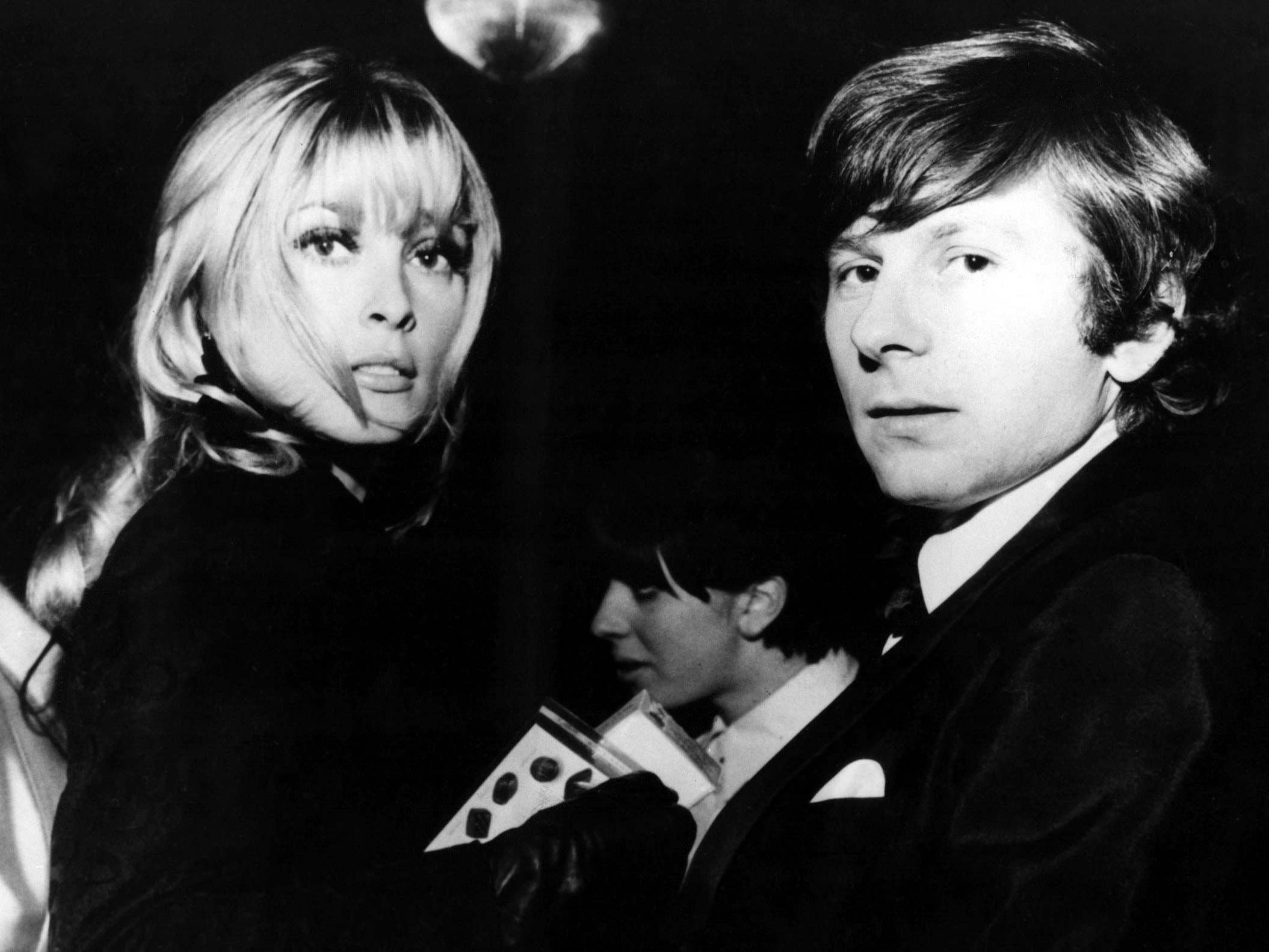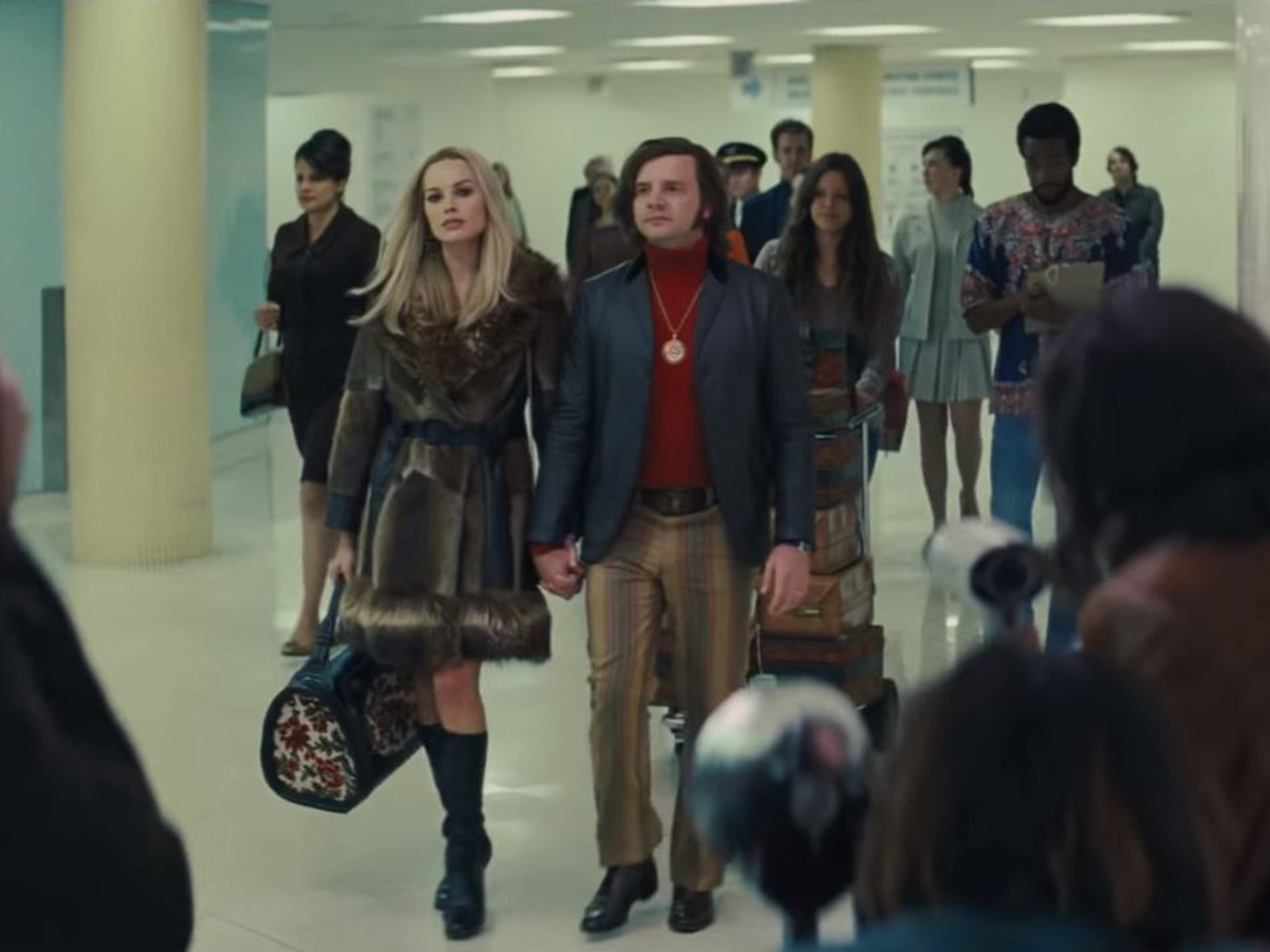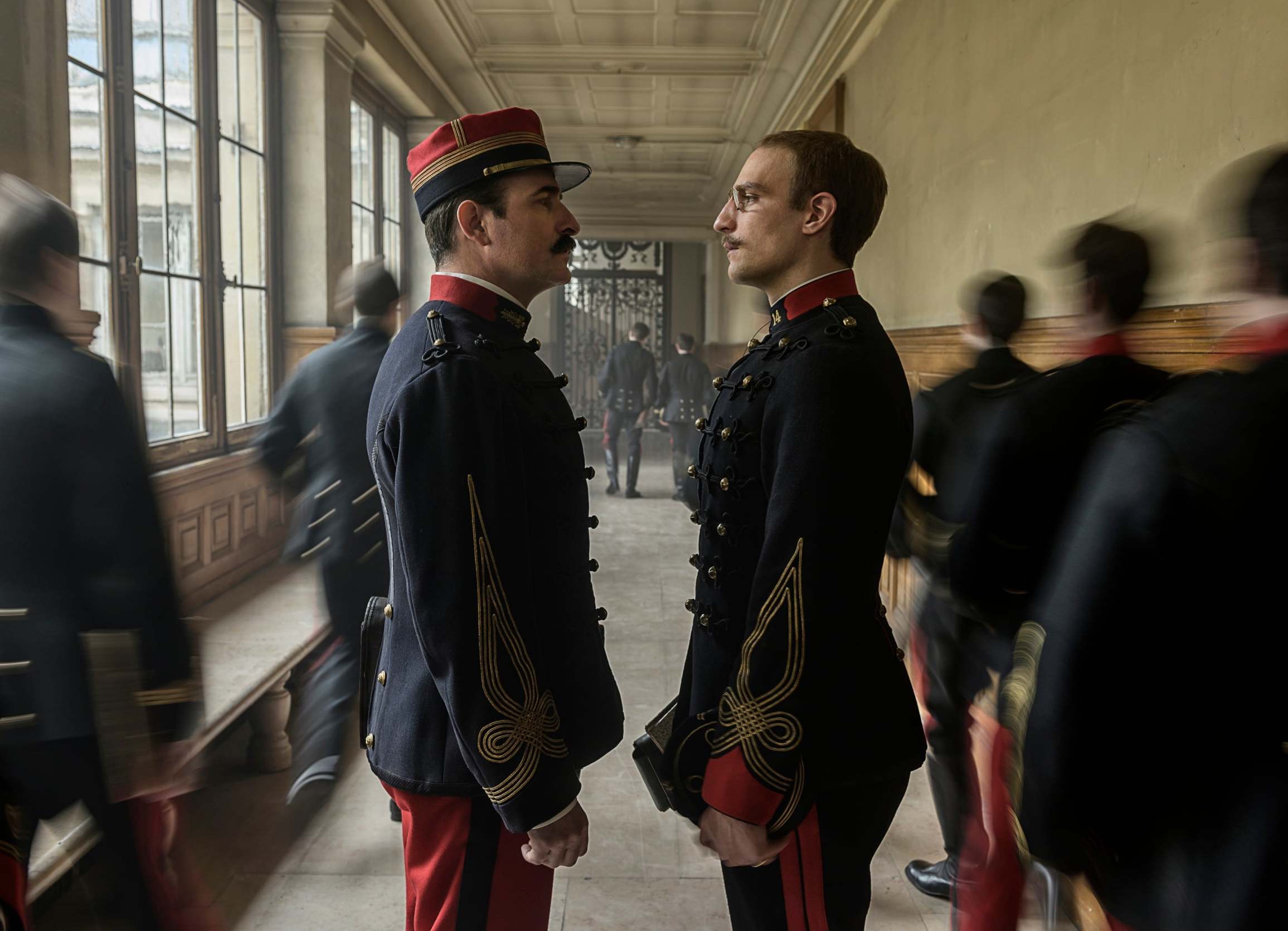Watching ‘Once Upon a Time in Hollywood’ is a reminder of just how unsettling Roman Polanski remains
Inside Film: Quentin Tarantino shows him as Hollywood’s hottest director in his new movie about the Sharon Tate murder – but Polanski simply can’t shake off his 1977 underage sex scandal

“Holy shit, it’s Roman Polanski,” the ageing movie star Rick Dalton (Leonardo DiCaprio) observes with awe to his stunt double/gofer/best friend, Cliff Booth (Brad Pitt), early on in Quentin Tarantino’s new feature, Once Upon a Time in Hollywood. Tarantino shows us Polanski (Rafał Zawierucha) driving in his vintage, open-top sports car, sitting next to his beautiful young actress wife, Sharon Tate (Margot Robbie), en route to a party at the Playboy Mansion. They look like the perfect swinging Sixties couple. He is dressed in a frilly shirt with big ruffled collars. Her blonde hair flows behind her in the breeze.
The film is set in 1969. Thanks to Rosemary’s Baby, released the year before, the Polish director is then among the most revered figures in the US industry. He and Tate are living in a house rented from Terry Melcher (Doris Day’s son) in Benedict Canyon. Tarantino imagines an alternative Hollywood history in which Rick is their next-door neighbour. Rick may be a fading star of macho TV westerns and jingoistic war movies but he regards Polanski with absolute adulation. For him, the diminutive European auteur in the natty clothes is “the hottest director in town... perhaps in the world”.
That, of course, is not at all how Polanski is regarded in Hollywood today. His films may have received multiple Oscar nominations (winning for The Pianist) and picked up big festival awards (including the Palme D’Or in Cannes) but he is still treated by many as a pariah. There is little sympathy for the tragedy he endured in 1969 when Charles Manson’s followers massacred the pregnant Tate.
Polanski is seen only fleetingly in Once Upon a Time in Hollywood. This is Tarantino’s nostalgic and affectionate portrait of the US film industry in the late Sixties. The title is partly a reference to Sergio Leone’s epic westerns and gangster movies but it also hints that this is a fairy story – and that is why Polanski seems such an uncomfortable fit in the movie.

Tarantino might touch on the darkness and squalor of a period when the counter culture dream turned very sour but one of the surprises of the film is its humour and good nature. The amiable Rick and his stunt double are the antithesis to Charles Manson and his followers, who are shown in a sinister but comic light. The film is a historical piece. Almost all the real-life characters it depicts – among them kung fu star Bruce Lee, actor/director Sam Wanamaker, Sharon Tate and Steve McQueen – are long since dead.
Polanski, now 85, is the exception. Not only is he still alive, he is also still working. Next month, a few weeks after the UK release of the Tarantino movie, his latest feature, J’Accuse, (An Officer and a Spy), premieres at the Venice Film Festival.
Tarantino is depicting Polanski at the moment that his Hollywood career is about to start to unravel. The golden figure he shows us, driving carefree through LA or dancing at the Playboy Mansion, will a few years later, in spite of the triumph of Chinatown, become an outcast. The only hint of the disasters ahead comes in lines snarled by Steve McQueen (somewhat improbably played by British actor Damian Lewis) calling Polanski “that Polish prick” and predicting misfortune ahead.
Watching Once Upon a Time in Hollywood is a reminder of just how confusing and unsettling Polanski remains both as a public figure and as a filmmaker. Fans and festival directors alike don’t know whether to revere him or revile him. Often, they do both at the same time.
Many simply refuse to allow Polanski to shake off the scandal and disgrace of his unlawful sexual intercourse with the 13-year-old Samantha Geimer in 1977.
The profound ambivalence about the director was brought into sharp focus a decade ago when he was invited as guest of honour to the Zurich Festival, an event supported by the Swiss Government, and then promptly arrested the moment he arrived.
Geimer may have made peace with Polanski but that hasn’t changed the perception among his detractors that he is a sexual predator and a fugitive from justice.
It is often forgotten that the director himself suffered at the hands of a duplicitous Californian judge, who (as detailed in Marina Zenovich’s 2008 documentary Roman Polanski: Wanted and Desired), reneged on a plea bargain agreement. This was what prompted him to flee the United States.
However, even before the Geimer case, public opinion had already begun to turn against Polanski.
“The root of people’s suspicion and dislike of Roman is [from] when his wife was murdered. Literally, he was blamed for the murder of his wife,” Polanski’s friend, producer Andrew Braunsberg, suggested when I interviewed him for the release of his 2012 documentary, Roman Polanski: A Film Memoir.
Post the #MeToo movement and the Harvey Weinstein scandal, the suspicion about him and his past behaviour has reintensified.

As has been exhaustively chronicled, Polanski has led an extraordinary life. He survived the Holocaust. He was a key figure in the freewheeling Hollywood of the late Sixties and early Seventies, but was also an important European art house director. He links all sorts of social, historical and filmmaking trends. He worked as a young actor with the revered Polish director, Andrzej Wajda. He once gave British kids’ show presenter Keith Chegwin a part in one of his films (as Fleance in Macbeth). In Bitter Moon, he helped turn Hugh Grant from a dithering public schoolboy type into a viable leading man. He has made historical epics (notably The Pianist) literary adaptations (Tess, Oliver Twist), chamber pieces (Venus in Fur, Carnage), classic crime thrillers (Chinatown) comedies, plenty of claustrophobic, disturbing art house films, and even a film (The Ghost Writer) regarded by many as a roman-a-clef about former British prime minister, Tony Blair.
From Rosemary’s Baby onward, there has been a tendency to interpret his life through his films. He made a successful film about Satanic worship – and then became caught up in the Manson murders. He acknowledged that moments in films like Macbeth and The Pianist were partly inspired by the apocalyptic suffering he had witnessed at first-hand in Nazi-occupied Poland.
It is inevitable that his new film, J’Accuse, scripted by Robert Harris and about the Dreyfus affair, will be picked over for hidden references to his own life and career. In advance of its release, he has been ridiculed and attacked for having the temerity to make a film focusing on a miscarriage of justice. (There is a disturbing hint of antisemitism in some of the invective against the filmmaker). Some have asked if he is likening himself to Dreyfus, the Jewish French army officer falsely convicted in the 1890s of giving away French military secrets to the Germans and sent to Devil’s Island. Others question why he, as a fugitive from justice himself, he has taken on such a story.
Anyone who has seen the Braunsberg documentary, based around a lengthy interview with Polanski when he was under house arrest in Switzerland after the Zurich Festival, will find it hard to reconcile the thoughtful, erudite figure seen on screen with the monstrous figure so often portrayed in the media. Then again, the Polanski in that documentary is nothing like the gadfly in the sports car that Tarantino portrays.
In the ongoing controversy about Polanski the public figure, what is sometimes overlooked is the sheer longevity and brilliance of his filmmaking career. It’s 57 years now since his debut feature, Knife in the Water (1962) was nominated for an Oscar. His new Dreyfus film could easily repeat the feat and win a Venice Golden Lion too – but even if it does so, the suspicion, anxiety and distaste with which he is regarded by so many detractors is unlikely to change.
‘Once Upon a Time in Hollywood’ is released on 14 Aug. Roman Polanski’s ‘J’Accuse’ premieres in competition at the Venice Film Festival, 28 August to 7 September
Join our commenting forum
Join thought-provoking conversations, follow other Independent readers and see their replies
Comments